Our website uses cookies so we can analyse our site usage and give you the best experience. Click "Accept" if you’re happy with this, or click "More" for information about cookies on our site, how to opt out, and how to disable cookies altogether.
We respect your Do Not Track preference.
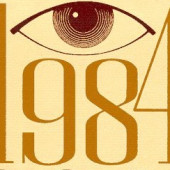
Privacy is important. Privacy is not just about hiding things; it’s fundamentally about having control over who the world thinks you are. Loss of privacy can result in very real harm to individuals, ranging from embarrassment to identity theft.
Many people believe that we are facing a future where all of us have less privacy than we did in the past, and they think we should all be very worried about this. And yet there are trends that suggest people are not taking privacy seriously; or at least, that people value convenient services more highly than they value control over their personal information. These include publicly sharing large amounts of information on social media and the unchecked growth of smartphone apps which collect and use personal information (such as location data).
It is easy to understand immediate risks to individuals from a loss of privacy, such as embarrassment from private photos being shared on social media or the consequences of having your bank account details stolen. More difficult to imagine is a future where everybody’s privacy has been gradually eroded. Next time your thumb is hovering over the “accept” button for the long list of permissions your latest smartphone app requires, you might find yourself considering, what would a world where I have lost control over my personal information be like?
Liken this passage from George Orwell’s Nineteen Eighty Four, for example, to the recent controversy about Samsung's Smart TV: “The telescreen received and transmitted simultaneously. Any sound that Winston made, above the level of a very low whisper, would be picked up by it; moreover, so long as he remained within the field of vision which the metal plate commanded, he could be seen as well as heard. There was of course no way of knowing whether you were being watched at any given moment.”
In the spirit of our The music of privacy blog, this blog post takes a look at novels which paint a picture of a post-privacy world. Just as Star Trek famously taught a generation what flip phones should look like, here are some novels that imagine for us what it would be like to live without privacy.
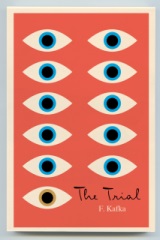
Franz Kafka: The Trial (1925)
The Trial tells the story of a man arrested and prosecuted by a remote, inaccessible authority for a crime that he knows nothing about. Neither the nature of his crime nor how the authority came to identify him as a responsible are ever revealed; either to him or to the reader. Reading The Trial is therefore a disturbing experience of what it might be like to lose control over who the world thinks you are.
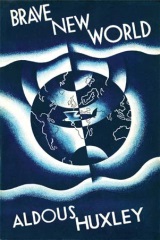
Aldous Huxley: Brave New World (1932)
Given that there’s been a recent boom in dystopian science fiction (see the Divergent and Hunger Games trilogies), Huxley’s Brave New World still stands as a granddaddy depiction of a society where individualism is suppressed and everyone is systematically conditioned to conform to maintain a creepy status quo.
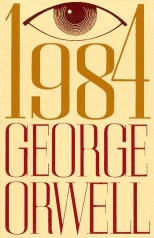 George Orwell: Nineteen Eighty-Four (1949)
George Orwell: Nineteen Eighty-Four (1949)
The origin of “big brother”, Nineteen Eighty-Four is set in a world where the government uses omnipresent surveillance to persecute individualism and independent thought.
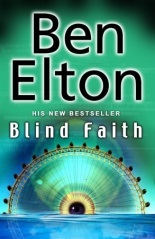 Ben Elton: Blind Faith (2007)
Ben Elton: Blind Faith (2007)
Set in a London semi-submerged by rising seas caused by global warming, Blind Faith takes social media to the extreme. It tells the story of a society where people believe that “only perverts do things in private”, and obsessively blog and upload their lives in a form of voluntary mass surveillance. It’s not much of a spoiler to say that the constant scrutiny by their peers and the pressure to reveal more and more about themselves makes people miserable.
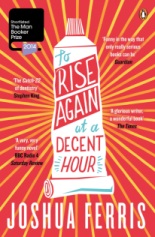 Joshua Ferris: To Rise Again at a Decent Hour (2014)
Joshua Ferris: To Rise Again at a Decent Hour (2014)
Identity theft is a core theme of this novel which tells the story of a hapless dentist finds that a website and several social media accounts have been created using his name and personal details, and his struggle to take control of the situation.
Do you know any books about a world without privacy? Add your suggestions in the comments below. We’d love to know about them.
Back